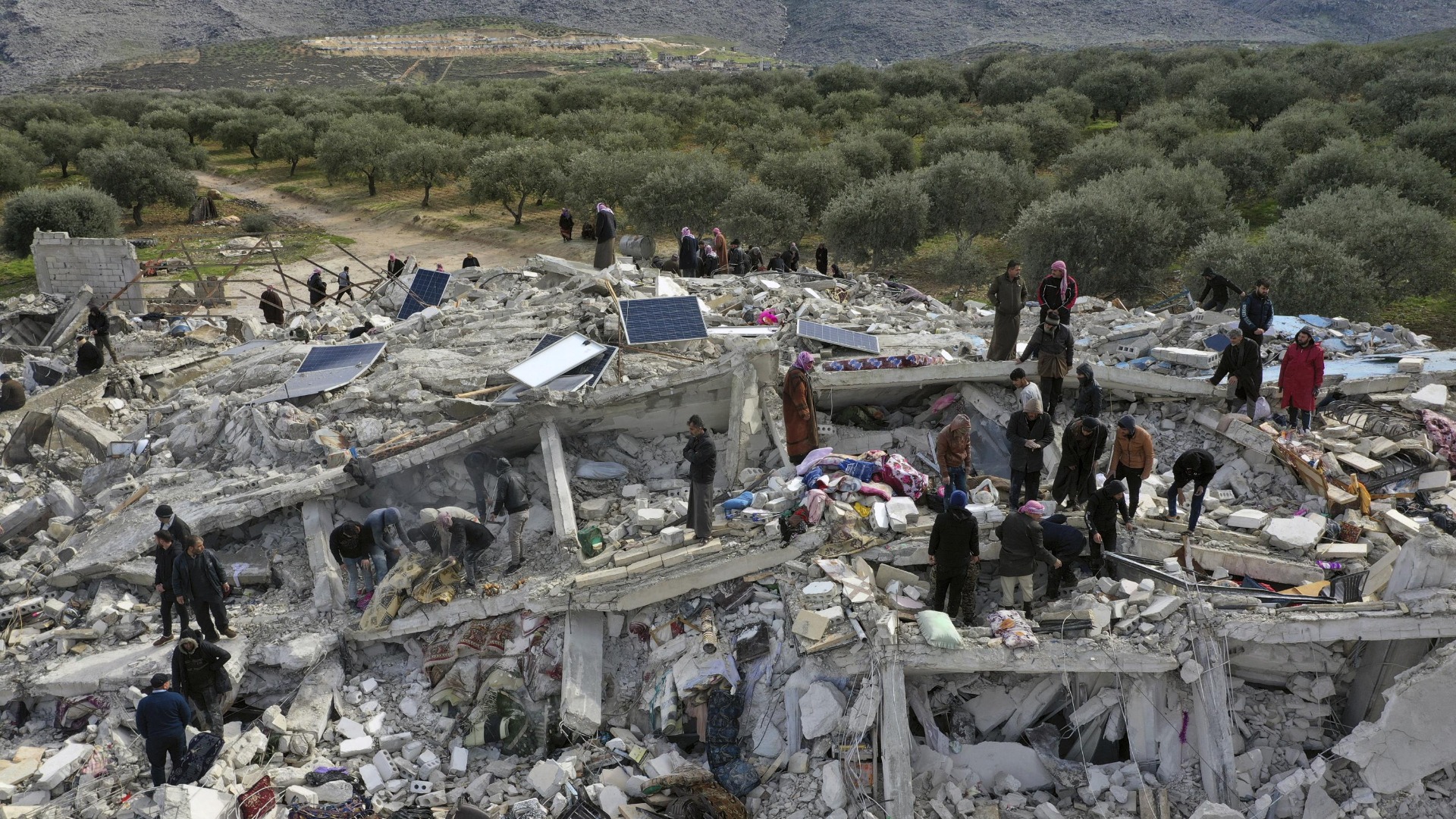
The Current Earthquake Crisis – How Will It Impact Travel To Turkey?

Do airlines still fly to Turkey, or have flights been cancelled due to the recent earthquake?
A 7.8-magnitude quake struck Turkey early on Monday morning, followed by a 7.5-magnitude tremor and several aftershocks. More than 4,000 people have been killed in Turkey and neighbouring Syria. And the number of victims keeps rising with each hour and with each search and rescue operation.
What regions in Turkey are being hit hardest?
Ten provinces in Turkey have been hit particularly hard, including Adana, Adiyaman, Diyarbakir, Gaziantep, Hatay, Kahramanmaras, Kilis, Malatya, Osmaniye and Sanliurfa.
The epicentre of the 7.8 magnitude earthquake was located near the city of Gaziantep, which is situated in the Anatolian region in the south-eastern part of the nation. An old structure known as the Gaziantep Castle, which is one of the most recognisable monuments in the city, has sustained significant damage following the quake.
But this was not an isolated event. According to a report by The New York Times, the earthquake triggered the bursting of a historic mosque and a hotel in Malatya, as well as a shopping mall in Diyarbakir, which is located 300 kilometres away from the origin of the quake.
Multiple aftershocks occurred following the first quake, which was felt in Cyprus, Lebanon, and Israel. Meanwhile, researchers from geological survey organisations have speculated that this may continue.
Under these circumstances, visitors who had planned to visit Turkey may be unsure of what to do while rescue operations continue.
Tourists from the United Kingdom, for example, have been warned to stay away from the area near the municipality of Gaziantep, according to new advice from the British Foreign and Commonwealth Office. As there have been many significant aftershocks, the FCO urged that people "avoid the immediate vicinity and follow the advice of the local authorities." British government officials have also stated that visitors should be prepared for aftershocks also in the following days.
What about major airlines’ activity?
The vast majority of foreign carriers maintain service to Turkey. International flights to and from Istanbul Airport, the country's primary airport, are functioning normally. Despite rumours to the contrary, Etihad Airways, Emirates, and flydubai declared that their flights to Turkey have not been impacted by the current situation. Nevertheless, it has been reported that certain Turkish Airlines flights to Samsun, Adiyaman, and Siirt have been cancelled, as the carrier is focusing on flights assisting the rescue operations in the area.
“[We] planned our operational priority to deliver the rescue teams and expert teams, aid materials, and necessary equipment to the region for now”, the airline's representatives commented.
Transportation of rescue and security personnel, as well as supplies, have been made possible by Turkish Airlines' cargo flights all around the country.
Is it possible to fly to Turkey?
Most international passengers entering or leaving Turkey do so via Istanbul Airport. A major international airport, it is operational and functioning normally despite the disaster. However, the international airport in Gaziantep, Oguzeli, has been restricted to all flights except those involving rescue or medical personnel. Hatay Airport, the main gateway for passengers bound for Antakya and Iskenderun, has suspended commercial flights due to extensive runway destruction. Sakirpasa airport in Adana, a region in southern Turkey, has also halted operations, bringing the total number of non-functional hubs to three. The Adana International Airport has not yet been closed.
As a precaution, anyone planning to travel to one of these places, or who has a connection via one of these airports, should contact their airline for the latest information.
How is the current crisis expected to impact Turkey’s tourism industry?
However, while the south-east of Turkey is a popular destination for gastronomy enthusiasts, it is far from the country's other top tourist locations like Istanbul and Antalya. The month of February is likewise not the region's busiest time for visitors. As a result, many experts have said that it's doubtful that the earthquake crisis will have a significant impact on tourists visiting popular Turkish sites like Cappadocia and the Aegean coast.
Despite the recent disaster, the World Travel & Tourism Council data also shows that this year's reservations for flights to Turkey have already surpassed those seen before the coronavirus outbreak. Tourists are especially interested in visiting Istanbul and the resort cities of Antalya, Bodrum, and Dalaman.
At the same time, WTTC expressed its deepest sympathies for the families in both countries affected by the calamity. Members of the World Travel & Tourism Council have sent messages of deepest sympathy and regret to the people of Turkey and Syria after the recent earthquakes.
“The thoughts of the WTTC, and its Members are with those who have been affected by the earthquake in Türkiye and Syria which has taken so many lives, and devastated hundreds of families. We send our sincere condolences to the families and loved ones of all those affected,” WTTC said in a statement.
More than 4.000 people were killed and many more were injured when a devastating earthquake measuring 7.8 on the Richter scale struck Turkey and neighbouring Syria on Monday. A 7.5-magnitude earthquake struck Turkey 12 hours after the 6.9-magnitude quake that occurred before sunrise.
As hundreds are estimated to be buried beneath the debris, the death toll is only anticipated to climb. There are ongoing rescue efforts, and rescuers are still combing through piles of debris in cities and towns around the region. 45 countries have sent search and rescue teams as well as humanitarian help for the people affected by the disaster.
Cairo was one of the places that felt the effects of the earthquake, which had its epicentre in the province of Kahramanmaras in the southeastern region of Turkey. People in Damascus ran out onto the street, while those in Beirut were startled awake in their beds.
Unfortunately, the country has seen this kind of disaster before, as in 1999, a massive earthquake struck north-west Turkey, killing over 18,000 people.
Source: thenationalnews.com, travelagentcentral.com








